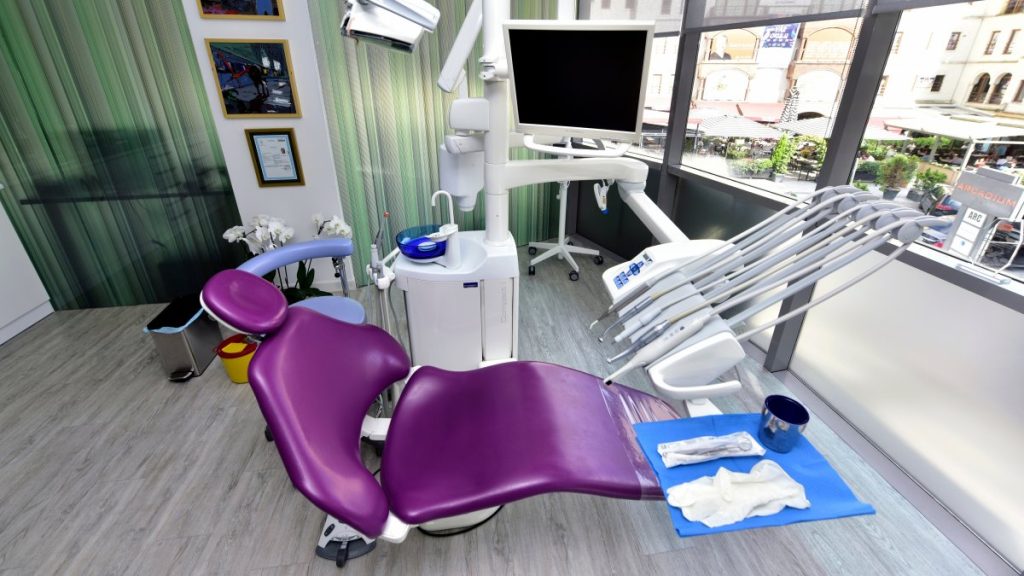Türkiye has rolled out sweeping new regulations in its health tourism sector, aiming to strengthen patient safety, service quality and the country’s international competitiveness.
The updated regulation international health tourism and tourist health was published in the Official Gazette on Saturday.
The Health Ministry said the reforms represent a critical step forward for the sector.
Together with International Health Services Inc. (USHAS), a ministry subsidiary meant to promote the services offered in Türkiye, “we view these regulations as a critical step for the sector’s growth based on quality, safety, and sustainability,” said a ministry statement.
Under the new rules, all health care facilities and intermediary institutions operating in health tourism must now be integrated into the “HealthTürkiye” digital platform, the statement said.
The regulation also makes complication insurance mandatory for surgical procedures performed under health tourism, it added.
The ministry said USHAS will actively support institutions and intermediaries in international markets, adding that health care facilities and intermediary institutions will appoint personnel responsible for tracking the quality of services provided.
International Health Services will issue authorization certificates for intermediary institutions and monitor the services they offer, according to the statement, adding that these certificates are nontransferable.
Remote care services
“Health care facilities are now permitted to offer remote health care services to health tourists within the framework of the relevant legislation. Those offering such services must announce it via the ‘HealthTürkiye’ portal,” the ministry added.
Accreditation and certification from Türkiye Health Care Quality and Accreditation Institute (TUSKA), recognized internationally, will now be required for health care facilities, it noted.
“The validity of the International Health Tourism Authorization Certificate has been linked to the HealthTürkiye Performance Criteria. These criteria – such as patient satisfaction, patient complaints, response time, appointment waiting time, revenue and financial performance – focus on the quality of service.”
“All health care facilities and intermediary institutions will be regularly evaluated based on patient complaint rates and satisfaction surveys using methods determined by the Ministry of Health and relevant authorities. These evaluations will provide the sector with an opportunity for self-assessment to enhance and sustain the quality of health care services.”
The statement said that under the new regulations, it has been made mandatory for health care facilities and intermediary institutions to create websites with foreign language options and to employ at least one staff member who speaks a foreign language. It also noted that intermediary institutions must provide call center services in at least two foreign languages, operating 24/7.
It further noted that currently authorized health care facilities and intermediary institutions in health tourism are required to comply with the regulation within six months, complete complication insurance by the end of 2025, and finalize their accreditation and certifications by the end of 2026.
“We prioritize quality for the development of our sector and continue to raise our service standards not based on price but on patient safety and satisfaction. We will continue to work in cooperation with all stakeholders to make Türkiye a global leader in health tourism.”


